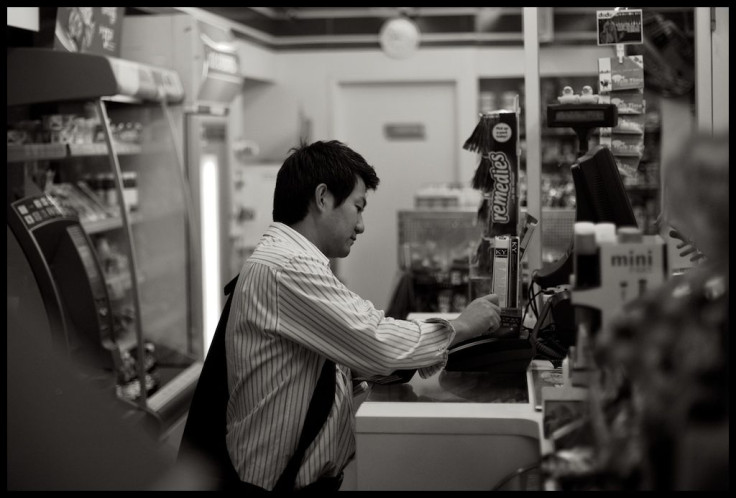Feeling Left Out Makes You More Risky: How Social Exclusion Promotes Less Conservative Spending Habits

Can money buy happiness? Maybe not, but people will still try. People who display feelings of exclusion are more likely to spend their money unwisely than people who reported feeling included, a new set of studies reveals.
Researchers from the University of Hong Kong studied 59 students as they played an online ball-throwing game and subsequently made one of two bets. One bet carried an 80-percent chance of winning $200, while the other only came with a 20-percent chance of winning $800. The students who experienced feelings of exclusion had a greater propensity to make the riskier bet, the researchers found.
The study comes on the heels of, what the researchers call, one of the loneliest generations in history.
"Suggestive of the universality of the phenomenon, metaphors such as 'getting the cold shoulder' and 'getting dumped' are found in numerous language around the world," the report notes. "And while one might hope that recent advancements in communication technologies and social media decrease the prevalence of social exclusion, recent research shows that modern societies have in fact become lonelier places in the last 40 years."
In other similar experiments, researchers weeded out certain traits, such as low self-esteem and crankiness. They also conducted an experiment to prime the subjects with the idea that money did not bring more freedom and control into their lives.
Interestingly enough, the group who was primed to devalue money did not exhibit the same risky behavior when excluded as compared to the included group. However, even controlling for self-esteem and mood, those who participated in the online ball-throwing game demonstrated substantially greater tendencies to take risks.
"In absence of social support, forlorn consumers begin to acutely seek and value money as an alternative means to secure what they want out of the social system," the researchers wrote.
Especially in an era when mass communication is at its most economical, efficient, and rapid, the need for financial savvy sits against the backdrop of decreasing human interaction — or as the researchers put it, "people entertain fewer stable relationships, and as a result, feel generally less connected to others."
Published by Medicaldaily.com



























